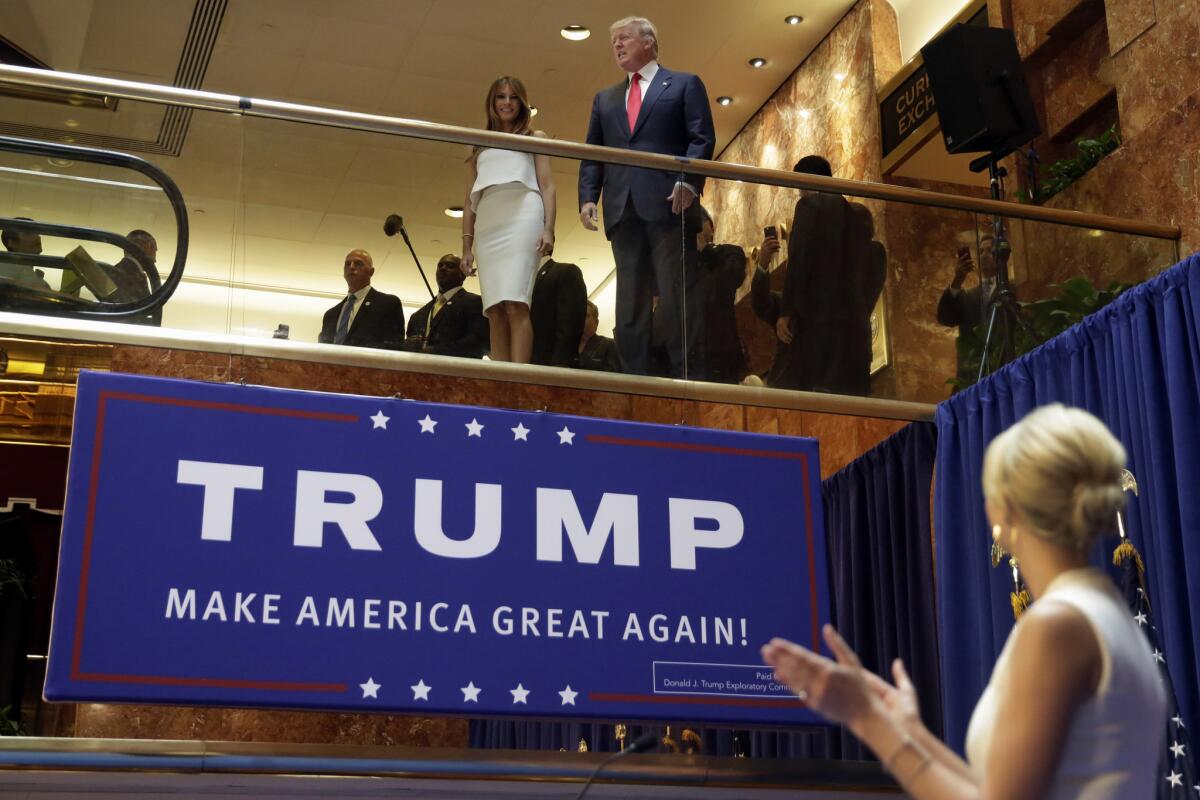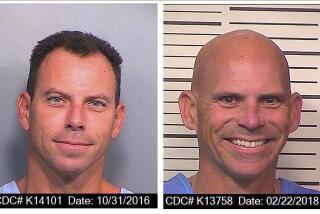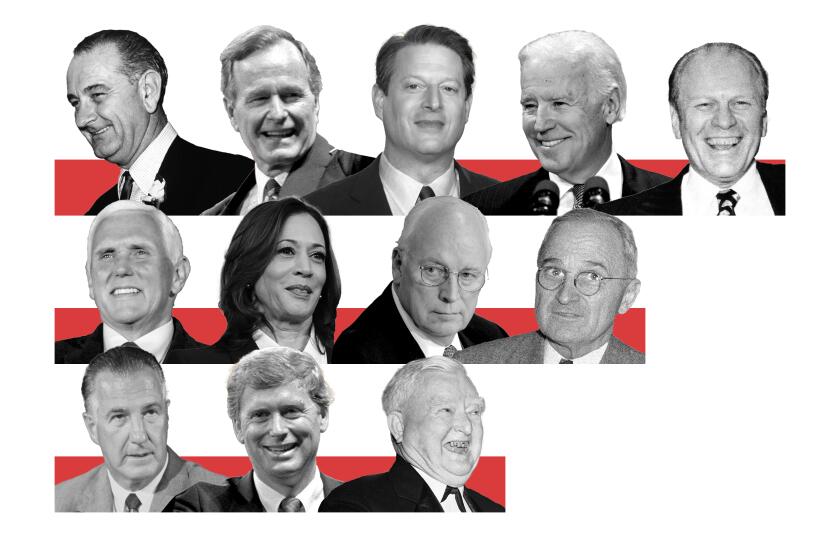Editorial: President-elect Trump can’t be in the Trump business

To avoid real or perceived conflicts of interest, almost every president since 1980 has put his assets into a blind trust, managed by an independent trustee. The one exception was President Obama, who avoids such conflicts by investing only in Treasury bonds and mutual funds that rise and fall with the stock market.
If the problem posed by financial conflicts of interests is so obvious to all of our contemporary U.S. presidents, why can’t Donald Trump see it?
Trump’s holdings pose some clear problems for the president-elect, as well as some potential problems that we can only speculate about until he reveals more about his finances — should that day ever come. Properties that he owns or has licensed his brand to are scattered across the country and around the world, which could spell trouble if any of them run afoul of state or foreign regulators.
If the problem posed by financial conflicts of interests is so obvious to all of our contemporary U.S. presidents, why can’t Donald Trump see it?
For example, imagine city officials considering the proposed expansion of a Trump resort, or state officials considering alleged violations of labor, environmental or safety rules, while their jurisdictions are trying to win grants from the Trump administration. Or imagine how tempted a foreign government with little regard for the rule of law might be to use a Trump property within its borders as leverage in trade negotiations. “You’ve got a nice property here, Mr. President. We’d hate to see anything bad happen to it.”
Trump and his partners have borrowed from a web of lenders, including some overseas and government-owned banks — including the Bank of China and Deutsche Bank, which is resisting a proposed $14-billion penalty from the U.S. Justice Department related to mortgage securities. The corporate ownership structure shields Trump from liability in the event his businesses can’t pay their debts; nevertheless, the commercial relationship between Trump and those banks presents a conflict for the man who will be ultimately in charge of financial regulation — as well as the country’s efforts to enforce its laws against multinational foreign banks.
Trump’s investments outside of real estate are problematic too. According to The Guardian, they include shares in the energy company behind the embattled Dakota Access Pipeline, which Obama has slowed but Trump has pledged to expedite, and Bank of America, which stands to gain from Trump’s proposed rollback of new federal regulations on big banks.
The customary solution for presidents with more run-of-the-mill assets, such as stocks and bonds, is to place their holdings in a blind trust, effectively leaving themselves in the dark about what they own and how their holdings are managed. But Trump presents a special case — a trust couldn’t shield Trump from knowing that his portfolio includes the Trump International Hotel in Washington, D.C., or Trump International Golf Links Scotland, or the Trump this and the Trump that.
Rather than coming up with a way to assure his independence from the empire that bears his name, Trump has said that he will turn over management of his interests to his children. That’s no solution at all. For one thing, the personal conflict won’t be diminished one iota — he will continue to know what his commercial interests are around the world, no matter who’s overseeing them. And even if he walled himself off from his family’s decisions, the rest of the world would still question whether his choices as president weren’t influenced by the family business — or whether he used the White House as leverage to help the Trump businesses prevail in disputes with government. Foreign leaders, meanwhile, may see a connection between the Trump properties within their borders and U.S. foreign policy, even if there is none.
Making matters worse, after Trump announced that two of his sons and one of his daughters would be looking after his holdings, he didn’t make any effort to put distance between his role as president and the business decisions they’d be making. Instead, he did precisely the opposite, putting each of them (and a son-in-law) on his transition team’s executive committee.
Trump’s relatives make up almost a quarter of that committee. That’s not illegal — federal anti-nepotism law applies only to the people Trump will name to the Executive Branch after he’s sworn in as president. But the appointments only emphasize how close Trump is likely to remain to the people who will be running the Trump enterprises.
Admittedly, it may be costly for Trump to cut his ties to the business that made him a billionaire. And no doubt he’d rather have his children mind the store than a truly independent trustee. But it’s a small price to pay for avoiding the appearance of impropriety that could arise from his web of financial entanglements. He was an unconventional candidate, and he conducted his campaign in a most unconventional way. But that’s no license to ignore the ethical conventions that preserve the public’s trust in a president.
Trump got off to a bad start when he refused to release his tax returns, hiding from voters the full extent of the potential conflicts his business interests have created for him. He needs to come clean on that front eventually, sooner rather than later. And in the meantime, he needs to avoid even the appearance of a conflict by removing himself more convincingly from the Trump empire.
More to Read
A cure for the common opinion
Get thought-provoking perspectives with our weekly newsletter.
You may occasionally receive promotional content from the Los Angeles Times.










